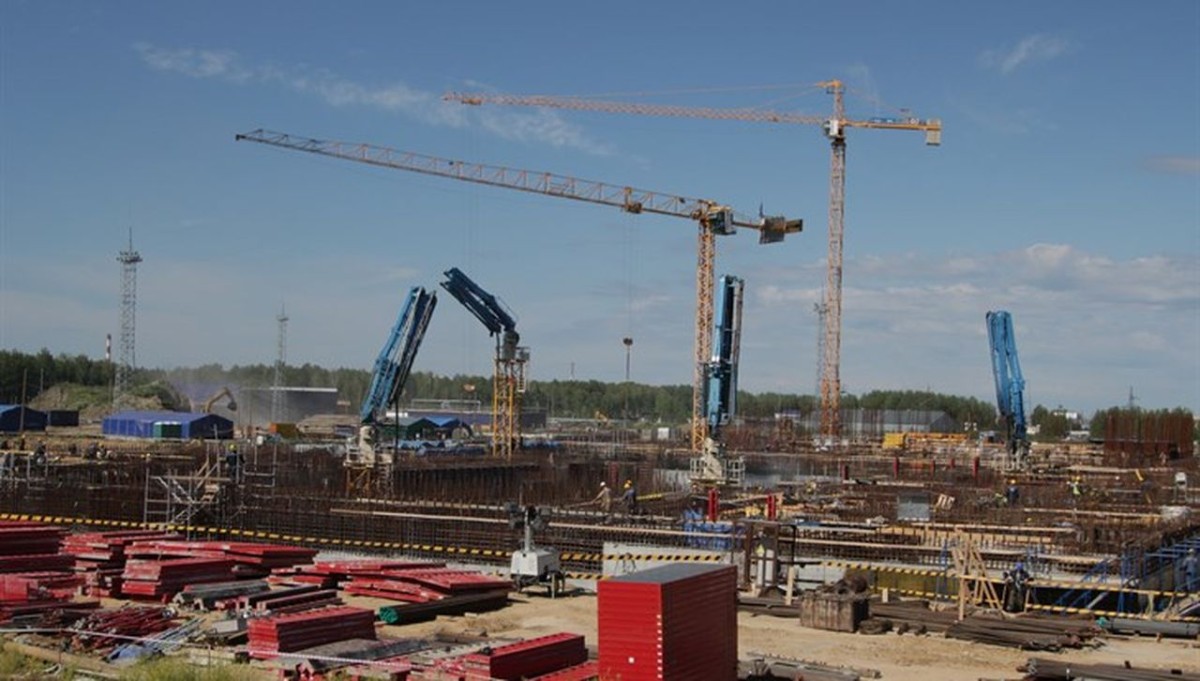 The builders of the Pilot Demonstration Energy Complex (ODEK) at the Siberian Chemical Combine (SCC), part of Rosatom’s fuel company (TVEL), will begin installation of the base of the Brest-300 reactor in September, according to Sergey Kotov, general director of the SCC. The base – a steel plate weighing 160 tons and 26 metres in diameter – will be delivered from St Petersburg through the Baltic along the Northern Sea Route.
The builders of the Pilot Demonstration Energy Complex (ODEK) at the Siberian Chemical Combine (SCC), part of Rosatom’s fuel company (TVEL), will begin installation of the base of the Brest-300 reactor in September, according to Sergey Kotov, general director of the SCC. The base – a steel plate weighing 160 tons and 26 metres in diameter – will be delivered from St Petersburg through the Baltic along the Northern Sea Route.
Since 2011, SCC has been implementing the Proryv (Breakthrough) project to demonstrate closed fuel cycle technology. ODEK will include three unique facilities: a module for fabrication and refabrication (MPF) of uranium-plutonium nuclear fuel, a Brest-300 lead-cooled fast reactor, and a module for reprocessing and recycling irradiated fuel. SCC says installation of equipment for the MPF is currently underway. Concrete is being poured for the base of the Brest-300 reactor.
"This is a really big event – we should bring the reactor base plate here at the end of August and at the end of September we should begin its installation…. We are transporting it from the plant in St Petersburg through the Baltic Sea along the Northern Sea Route – this is a unique transport operation and a landmark event, because we are starting installation of the reactor," Kotov said.
He clarified that the base plate is made of steel and added that it is planned to complete the construction of the reactor in 2026. The reactor was scheduled to start up in 2023 but has faced some delays.
The cost is currently estimated at RUB113.7 billion ($1.94bn). The commissioning of all ODEK facilities is expected in 2029, with total investments by Rosatom in development of the complex put at RUB211.3 billion (up from an initial estimate of RUB188bn).
Rosatom experts expect that the technologies perfected at ODEK will qualitatively improve the economics of nuclear energy through the repeated use of natural uranium and used nuclear fuel, reducing radioactive waste to zero and virtually eliminating beyond design basis accidents.






